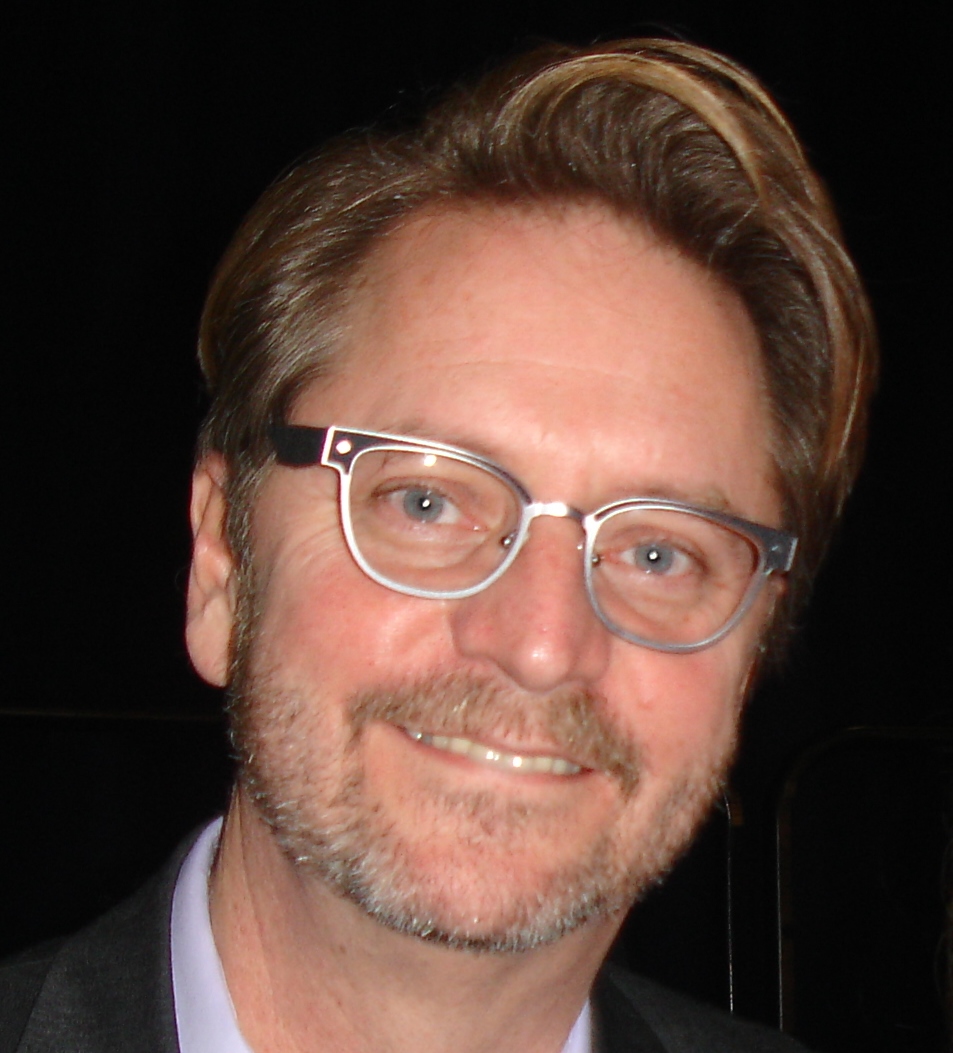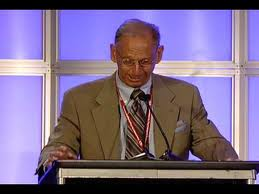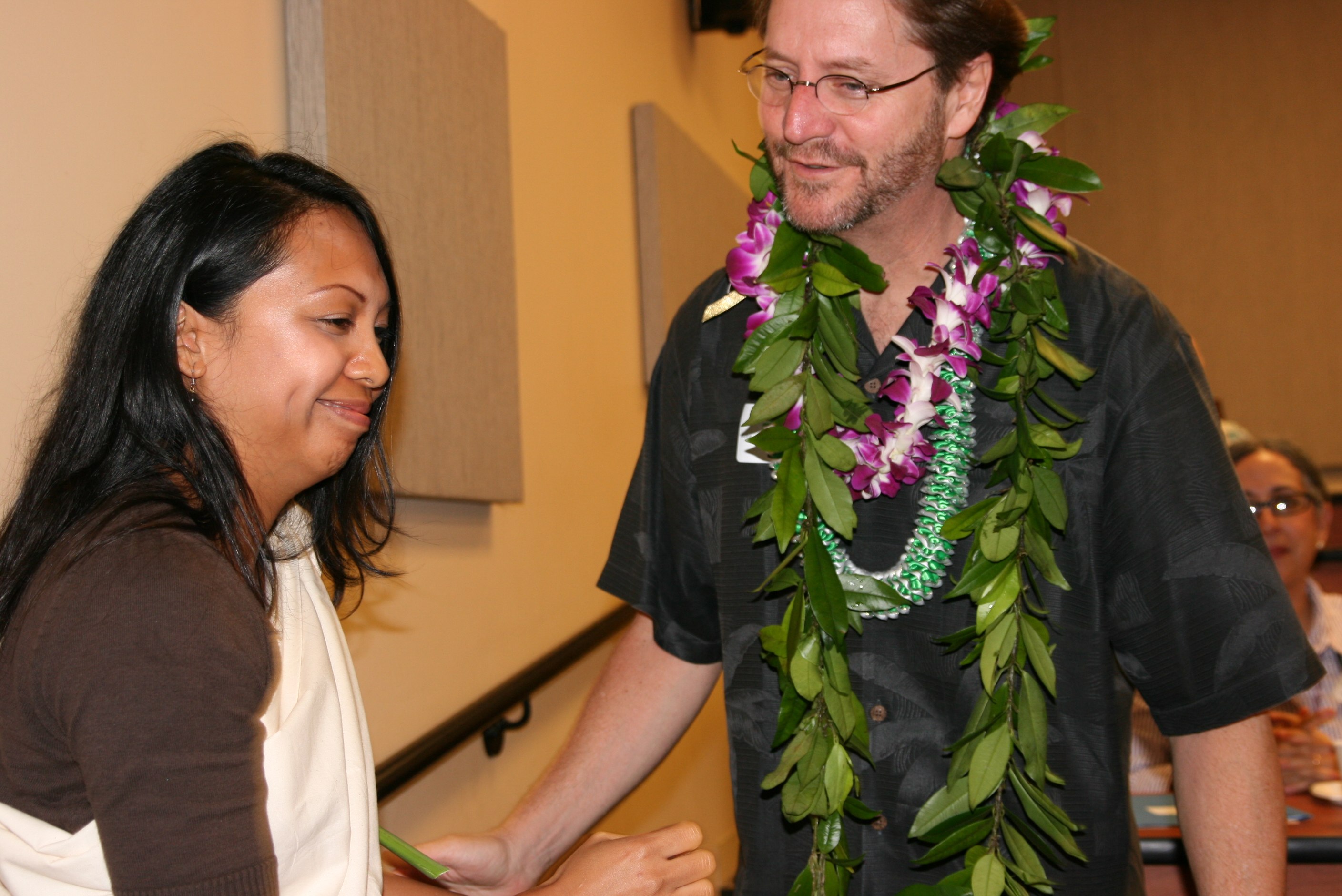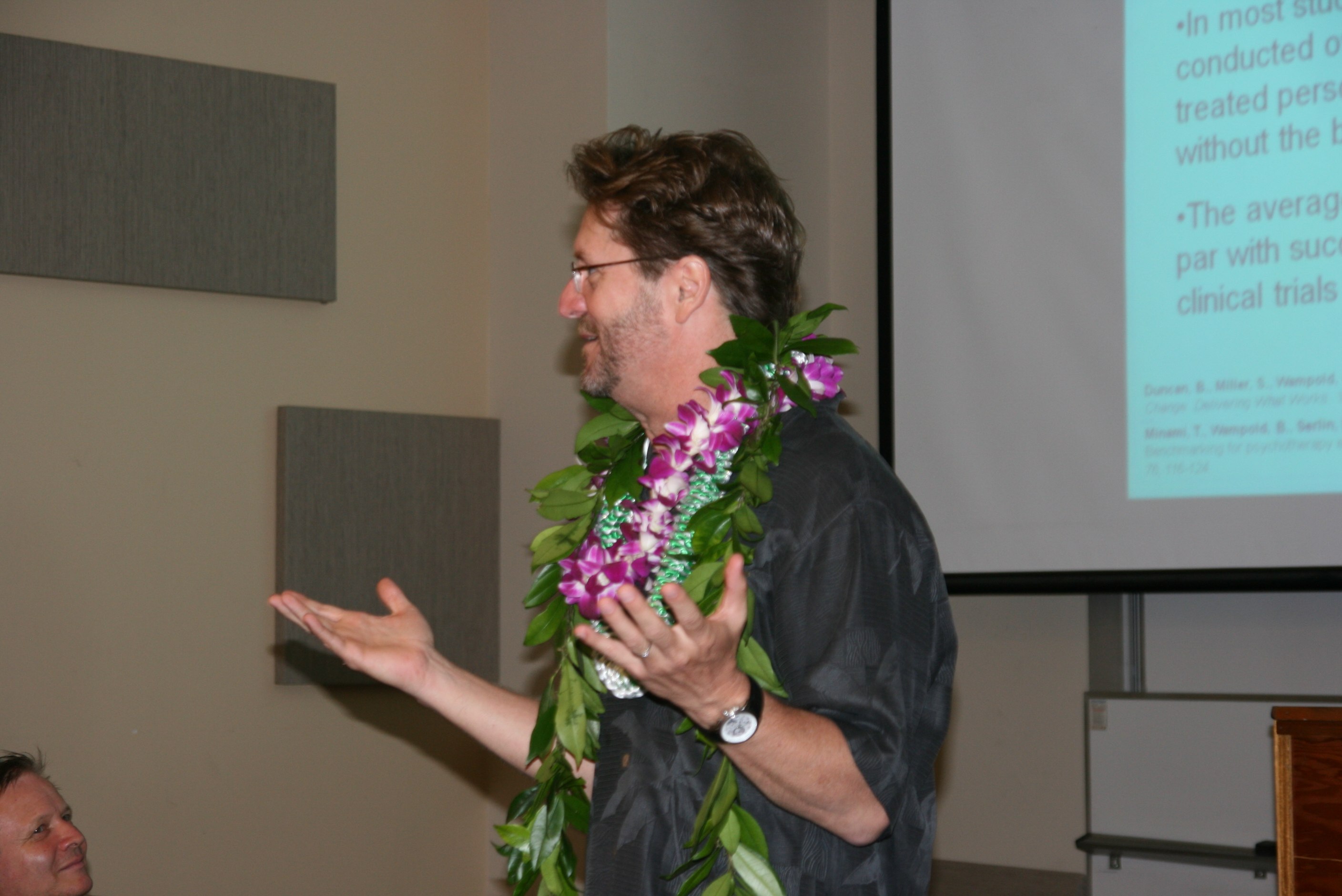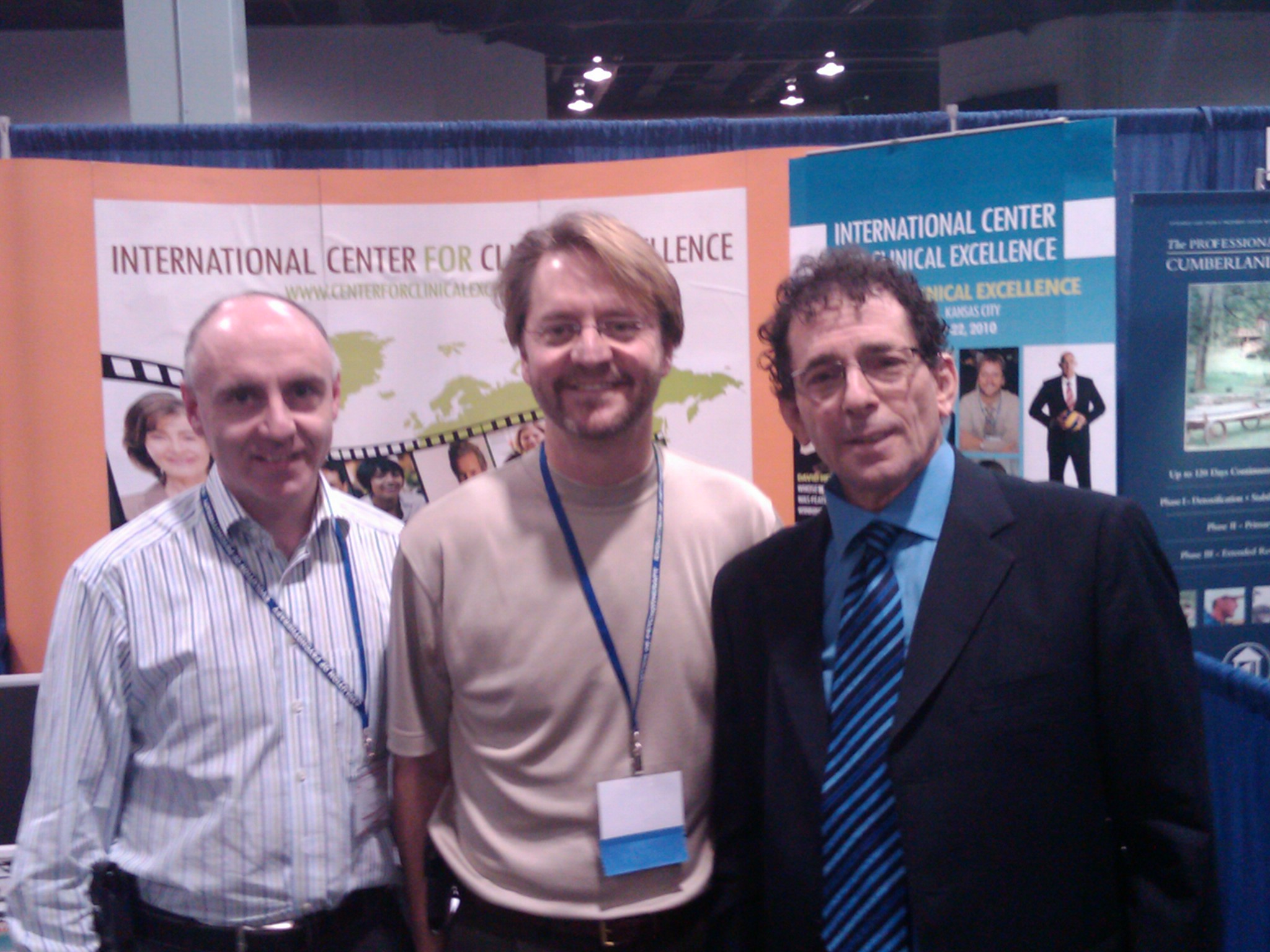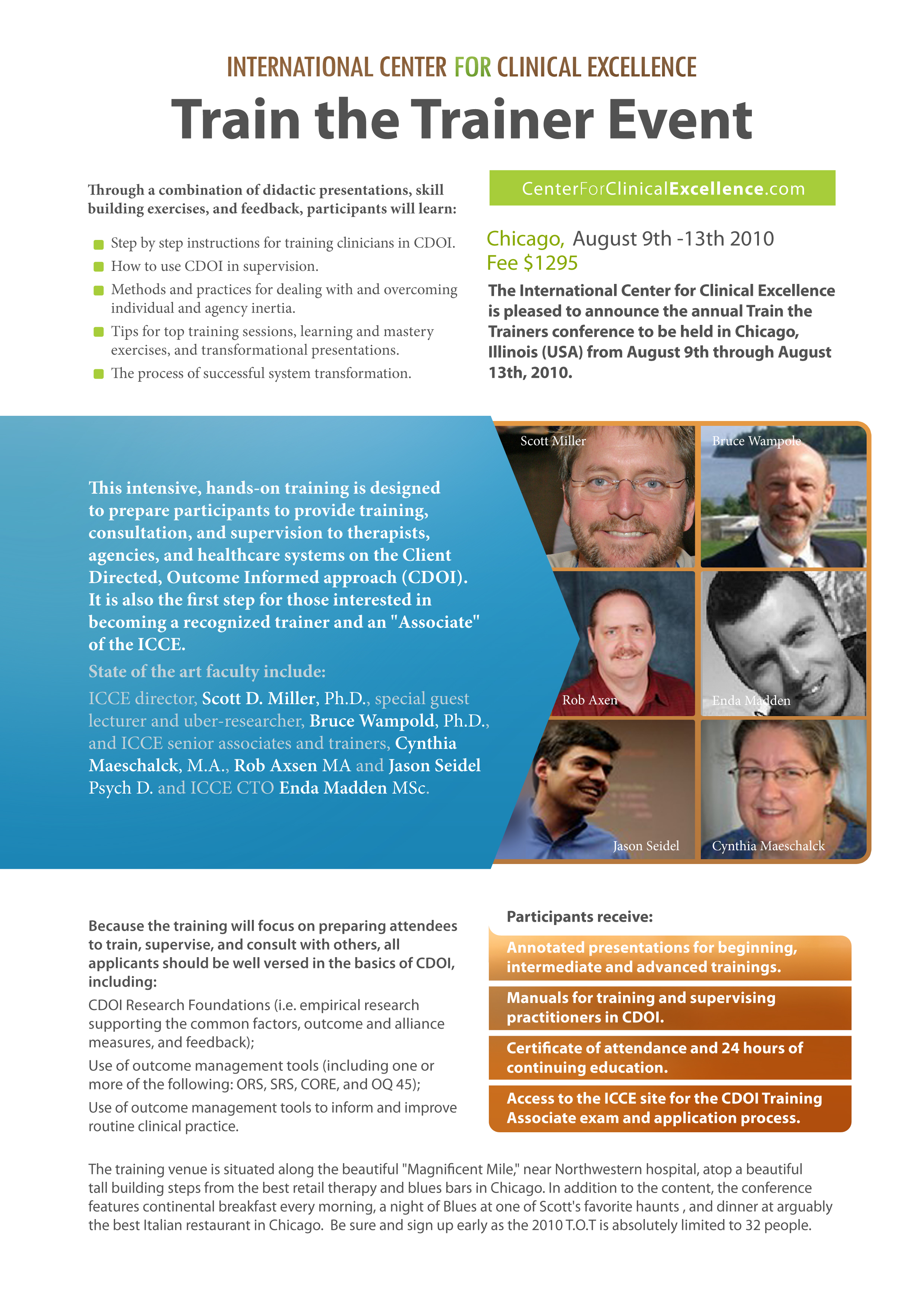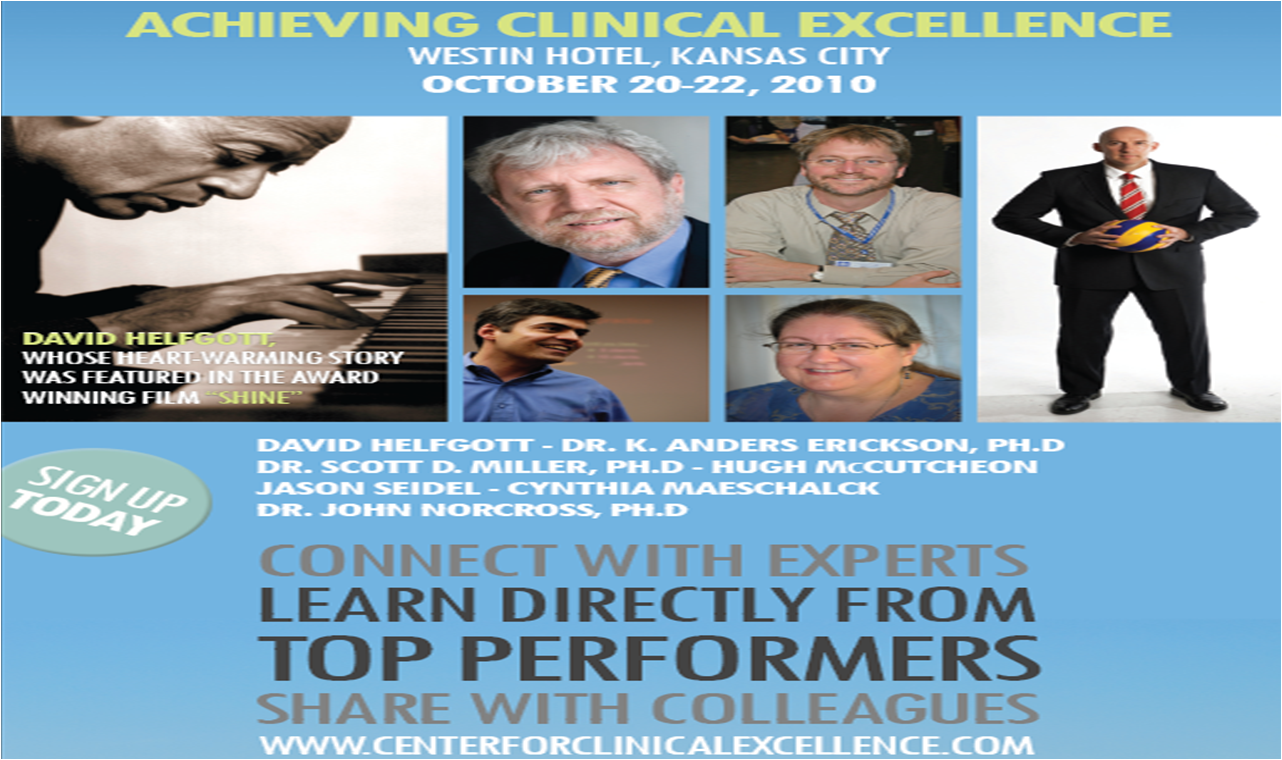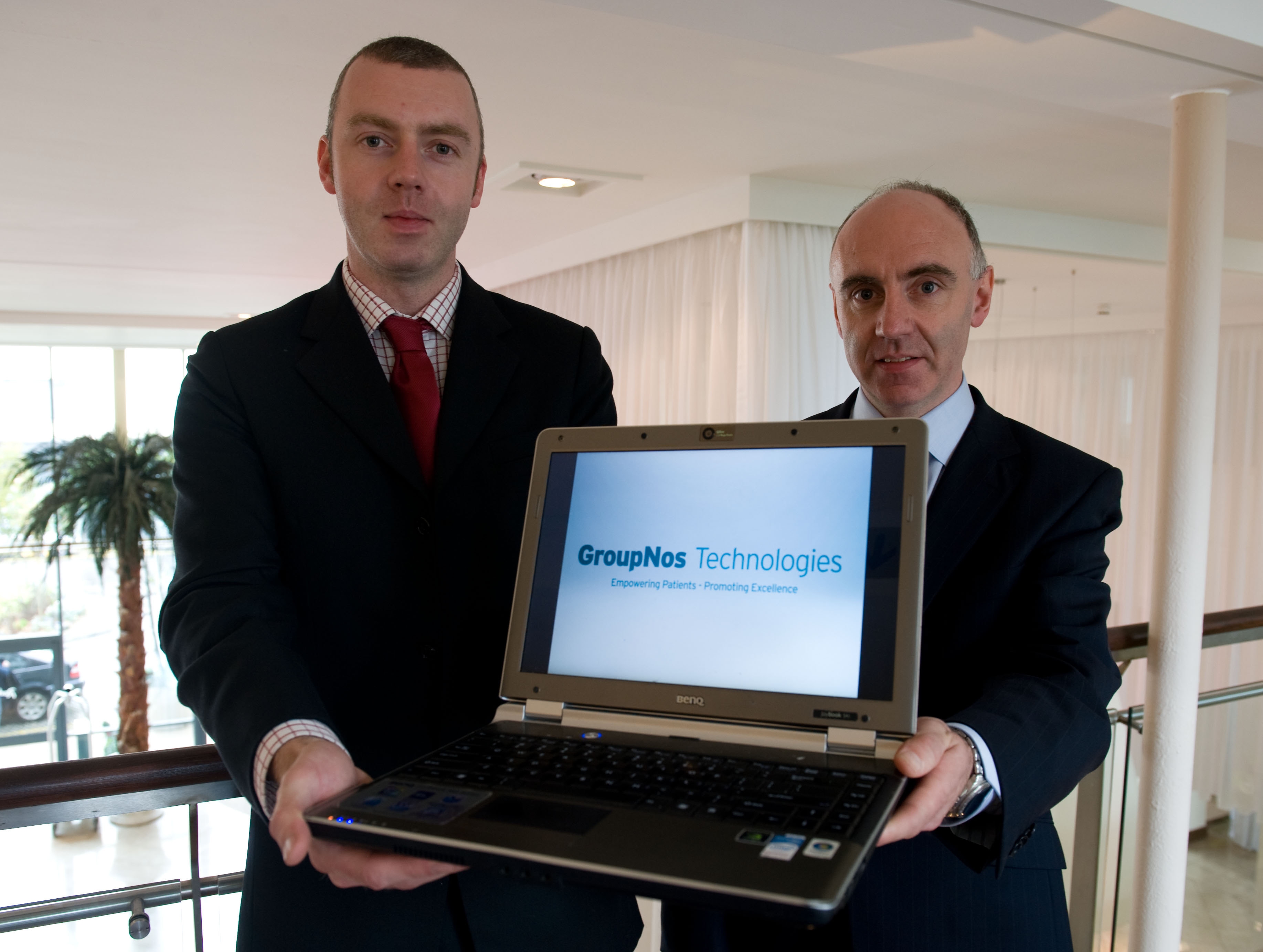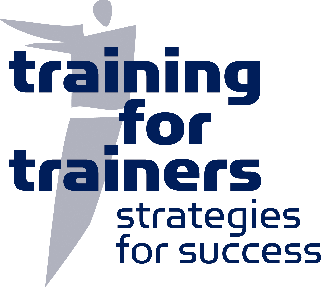
The International Center for Clinical Excellence (ICCE) is pleased to announce the 6th annual Training of Trainers event to be held in Chicago, Illinois August 6th-10th, 2012. As always, the ICCE TOT prepares participants provide training, consultation, and supervision to therapists, agencies, and healthcare systems in Feedback-Informed Treatment (FIT). Attendees leave the intensive, hands-on training with detailed knowledge and skills for:
- Training clinicians in the Core Competencies of Feedback Informed Treatment (FIT/CDOI);
- Using FIT in supervision;
- Methods and practices for implementing FIT in agencies, group practices, and healthcare settings;.
- Conducting top training sessions, learning and mastery exercises, and transformational presentations.
Multiple randomized clinical trials document that implementing FIT leads to improved outcomes and retention rates while simultanesouly decreasing the cost of services.
This year’s “state of the art” faculty include: ICCE Director, Scott D. Miller, Ph.D., ICCE Training Director, Julie Tilsen, Ph.D., and special guest lecturer and ICCE Coordinator of Professional Development, Cynthia Maeschalck, M.A.

 Join colleagues from around the world who are working to improve the quality and outcome of behavioral healthcare via the use of ongoing feedback. Space is limited. Click here to register online today. Last year, one participants said the training was, “truly masterful. Seeing the connection between everything that has been orchestrated leaves me amazed at the thought, preparation, and talent that has cone into this training.” Here’s what others had to say:
Join colleagues from around the world who are working to improve the quality and outcome of behavioral healthcare via the use of ongoing feedback. Space is limited. Click here to register online today. Last year, one participants said the training was, “truly masterful. Seeing the connection between everything that has been orchestrated leaves me amazed at the thought, preparation, and talent that has cone into this training.” Here’s what others had to say:

